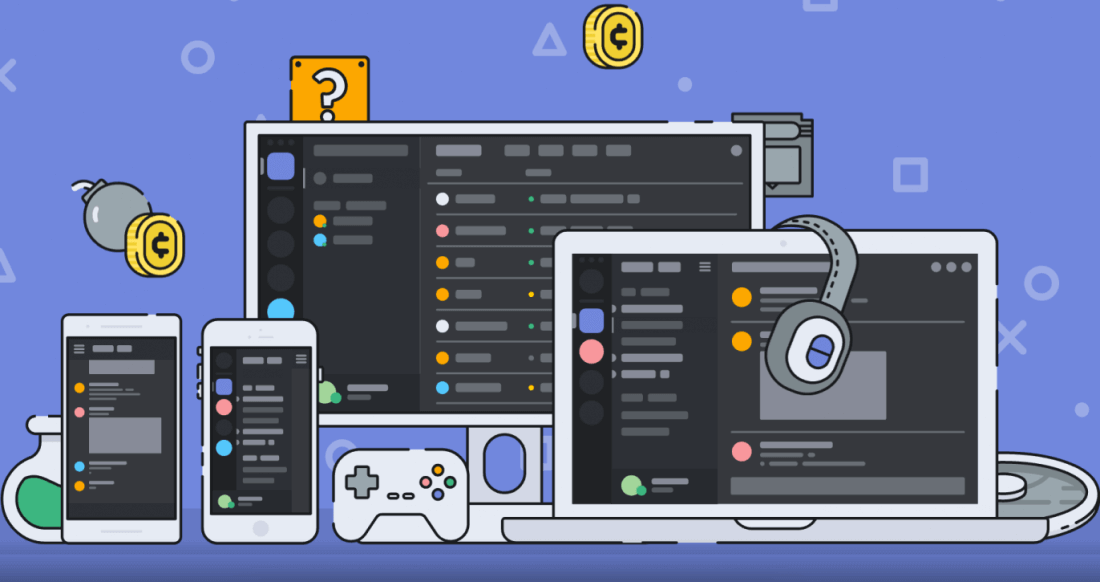The big picture: The advent of yet another digital distribution platform for games could be viewed as either a blessing or a curse. While competition is rarely a bad thing, having too much of it can create excess fragmentation (take cryptocurrency, for example).
Epic Games made headlines earlier this month with the launch of a digital games storefront offering developers a generous 88 percent revenue share. That's far friendlier than Steam's distribution agreement (even after a recent revision) but not quite as liberal as what Discord plans to offer developers.
Starting in 2019, Discord will open its game store to developers of all sizes with a 90 / 10 split. Discord's small share will be used to cover the cost of operating although they say they plan to try and lower it over time through optimizing their technology and making it more efficient.
Discord launched its digital storefront in mid-October after first announcing it in August.
Something worth considering is what I call the Tidal effect. Companies like Epic and Discord have to be careful that they're not ignoring users by over-catering to developers.
Tidal, if you recall, held a flashy media event in 2015 in which it brought several high-profile artists on stage and essentially marketed its product more towards creators than users. Artists / developers are a huge part of a digital distribution platform but they don't need to be the center of your marketing campaign. Keep that talk for closed-door meetings and focus your outward message on the consumer.
